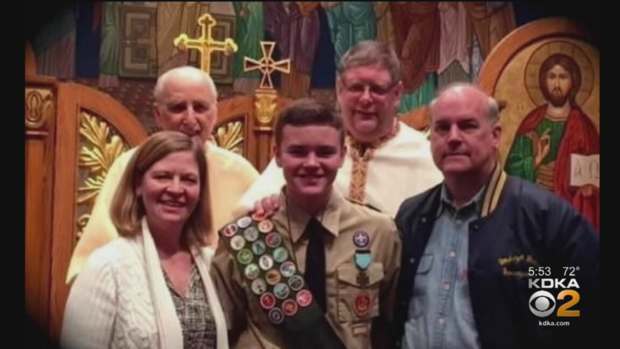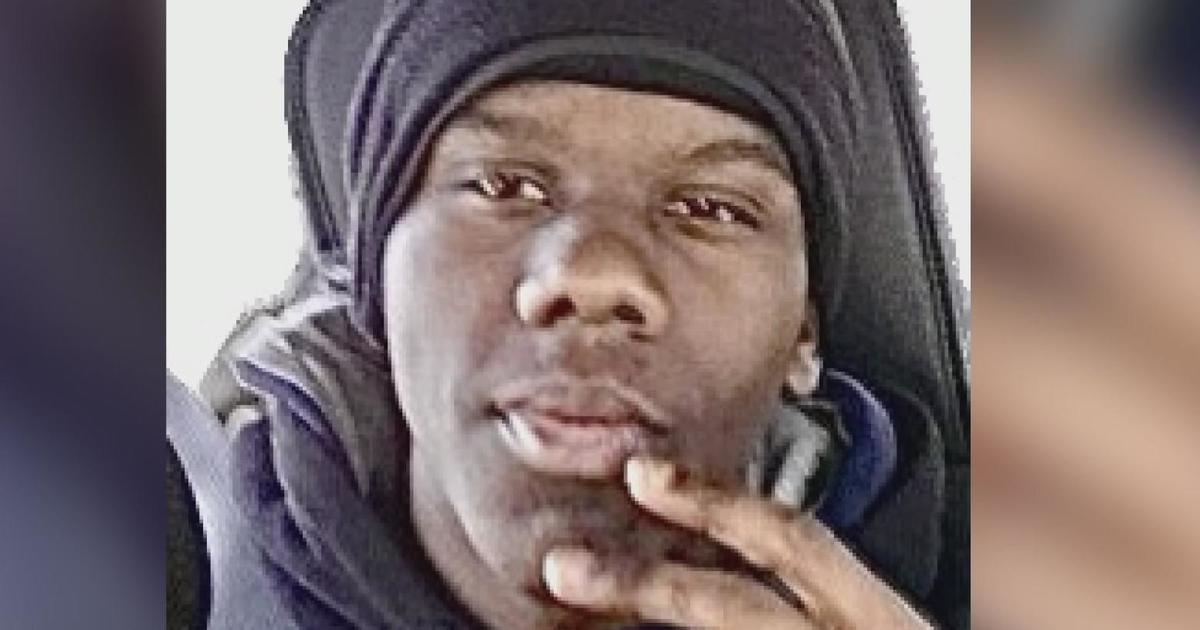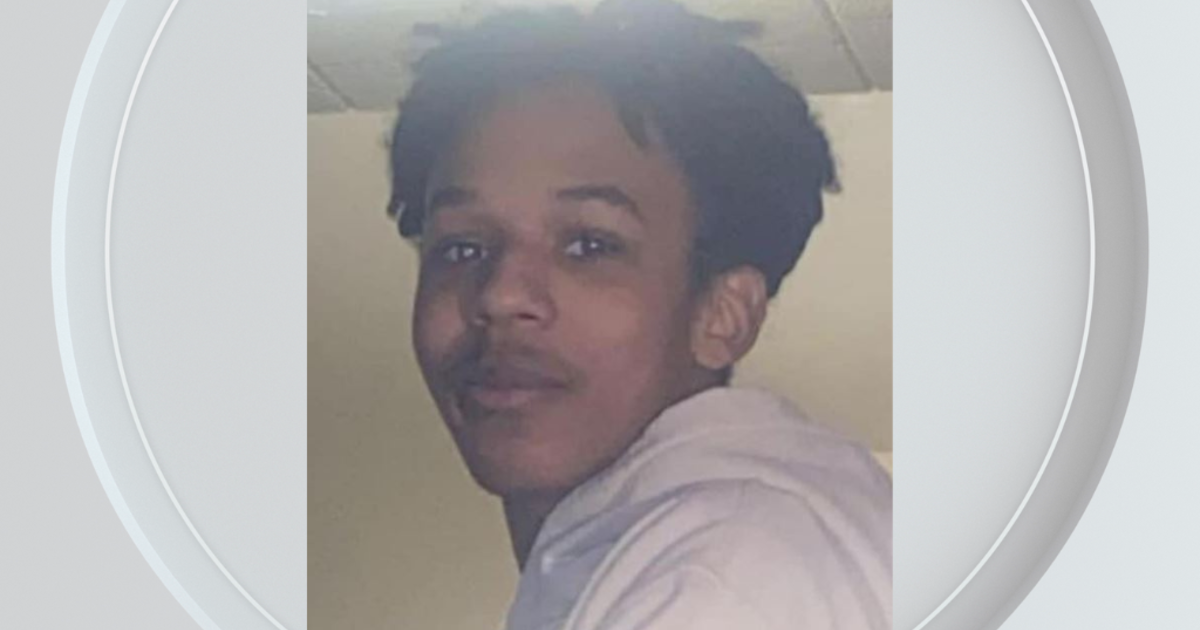'A Dramatic Turn For The Worst': 64-Year-Old Beaver Co. Man Barely Showing Coronavirus Symptoms Dies Of A Stroke
PITTSBURGH (KDKA) - Doctors are seeing another way coronavirus attacks the body: strokes.
"A stroke is when there's a blockage or disruption of blood flow," says AHN neuroradiologist, Dr. Michael Goldberg.
One puzzling thing about this brain problem — the people with strokes are younger than 50 with no chronic problems and no severe symptoms of coronavirus, according to a new report in a major medical journal.
"Generally speaking, we think of strokes as occurring in an older population. And in the New England Journal of Medicine article, the oldest patient was 49-years-old," Dr. Goldberg points out.
These strokes are in large vessels in the brain, for instance, the ones that bring blood supply to the whole side, or to the front.
"That creates a large area of the brain that can die if it's not getting blood flow," says Dr. Goldberg. "The inability to speak, difficulty moving, that can be permanent."
Dr. Goldberg says 5 to 6 percent of all patients with severe coronavirus have strokes. But the NEJM article documents five cases in young people not in the hospital.
"There have been lots of complications, not just in the brain, but in other parts of the body due to this abnormal blood clotting," Dr. Goldberg explains possible reasons for the strokes, "[Alternatively] the body's response to the infection is attacking the blood vessels."
Doctors at Allegheny General Hospital saw a case just like this. While Mark Romutis was a little older at 64, the blood vessels involved fit the pattern.
"The six arteries that come up your neck and feed into your brain, three of his six had blood clots in them," says his wife, Renee.
"There were blood clots really all over the brain, as well as in his neck," Dr. Goldberg adds.
And like the other cases, Mark had only a mild illness until the strokes came on.
"He looked at me and said, 'I can't feel my left side,'" says Renee. "He never had any trouble breathing, never any other symptoms, except body aches and pains and fever."
His breathing trouble started at the same time as the strokes.
"He had been diagnosed 16 days prior," says Dr. Goldberg, "He was doing relatively well, and then overnight, just took a dramatic turn for the worse."
The strokes were too many and too big for the doctors to intervene.
"The damage has been done. He's not responding to any type of stimulation, there's no eye flutter, he's not grasping your hand, and [the doctor] said if there's any brain function, it's very minimal," Renee says. "We gave the permission to turn the end of life protocol in order."
The family said goodbye fully suited in gowns, masks and gloves.
"We just celebrated our 20th wedding anniversary in February," says Renee. "I think 'what would I have done differently?' And honestly, I don't know, because once again, Mark didn't show any signs of anything."
"We've been telling patients with COVID-19 to stay home. If they tell you, 'hey, I'm having trouble talking, my speech is slurred,' or you have facial droop, those are signs of stroke. You need to go to the ER as fast as possible," says Dr. Goldberg.
"I suspect that there are some increased numbers of stroke cases that we are just not seeing. Whether these patients are in the hospital, or these patients are at home, and unfortunately they may pass away at home."
Dr. Goldberg's report of Mark's case will be published in the American Journal of Neuroradiology.




